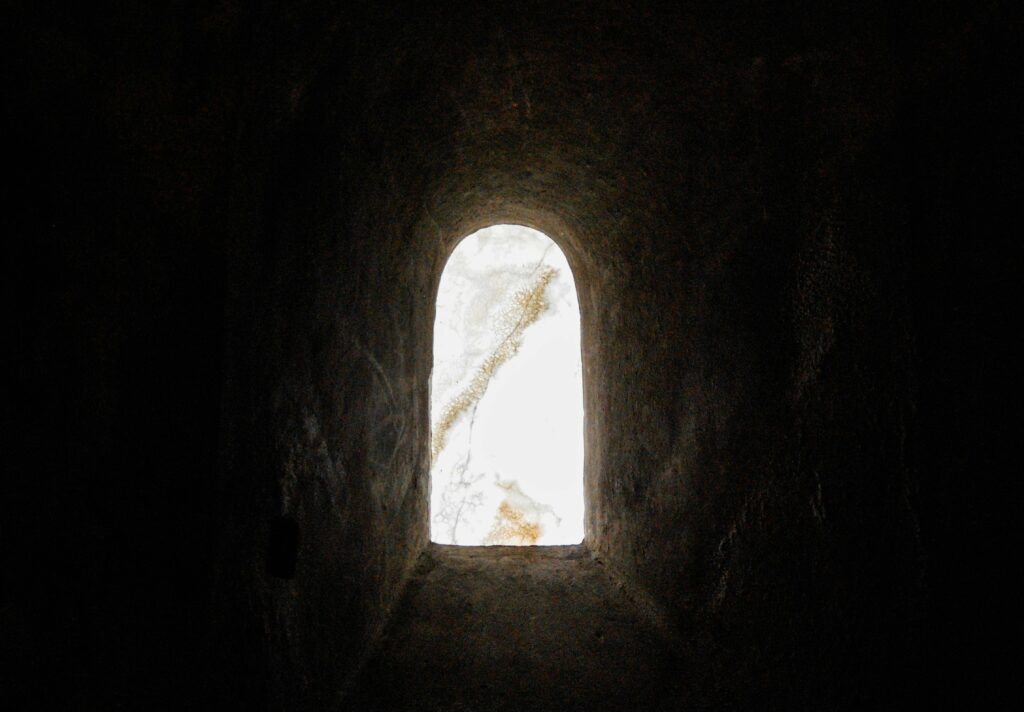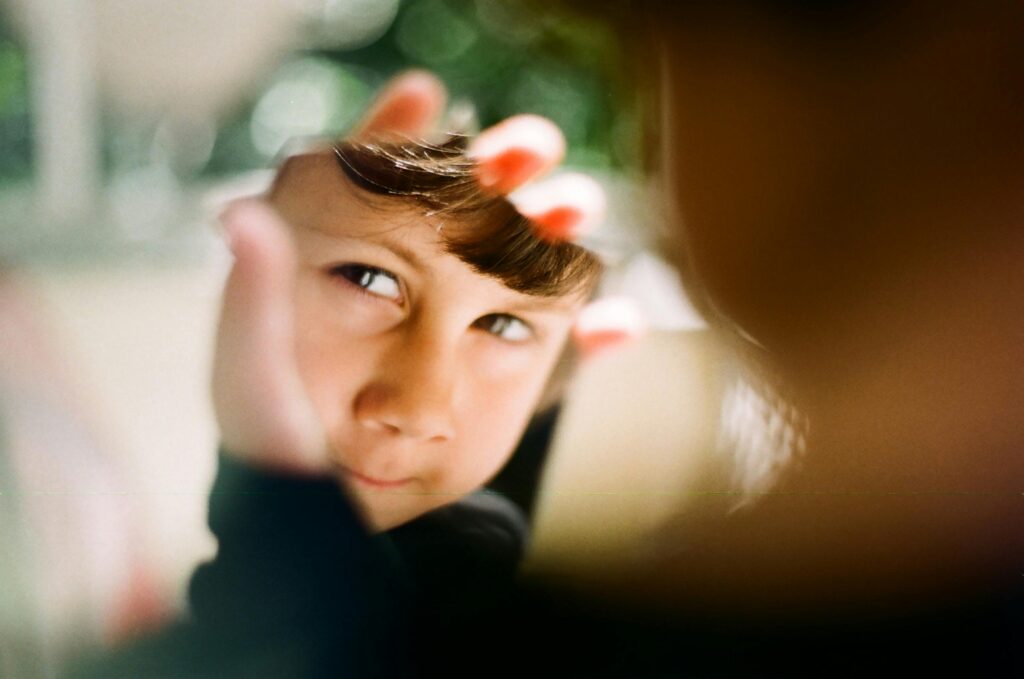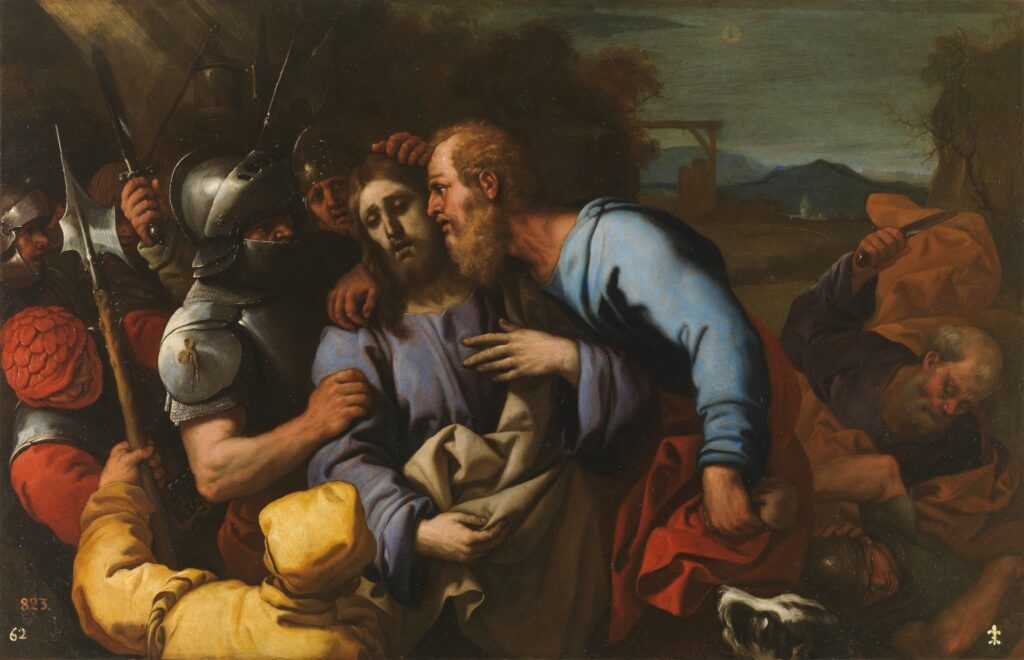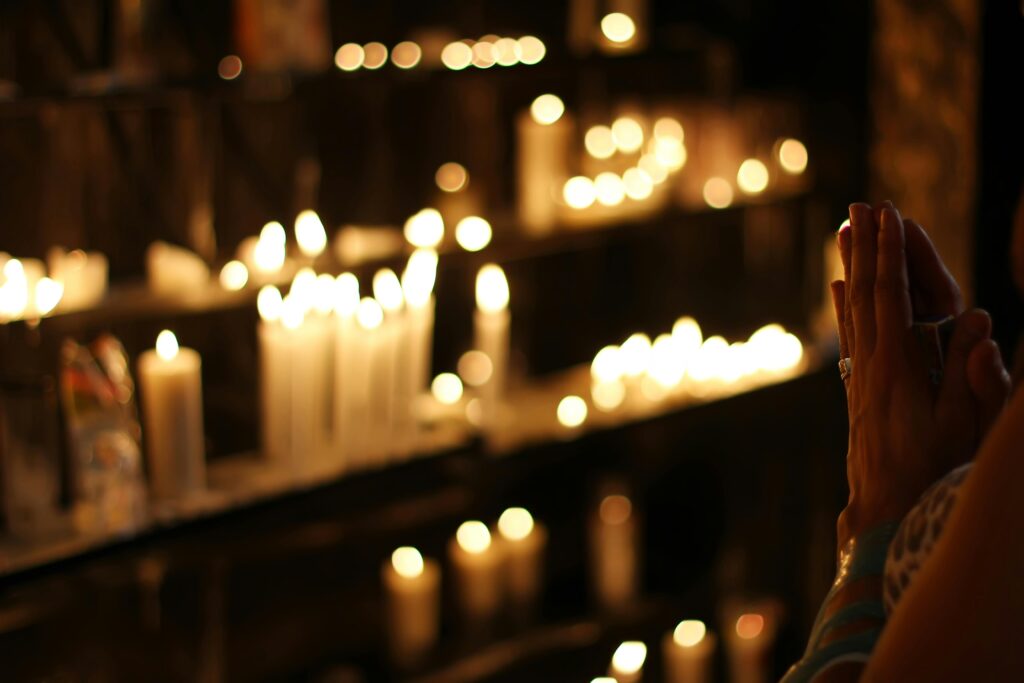To give thanks, always!
Celebration of Gratitude and Family Unity
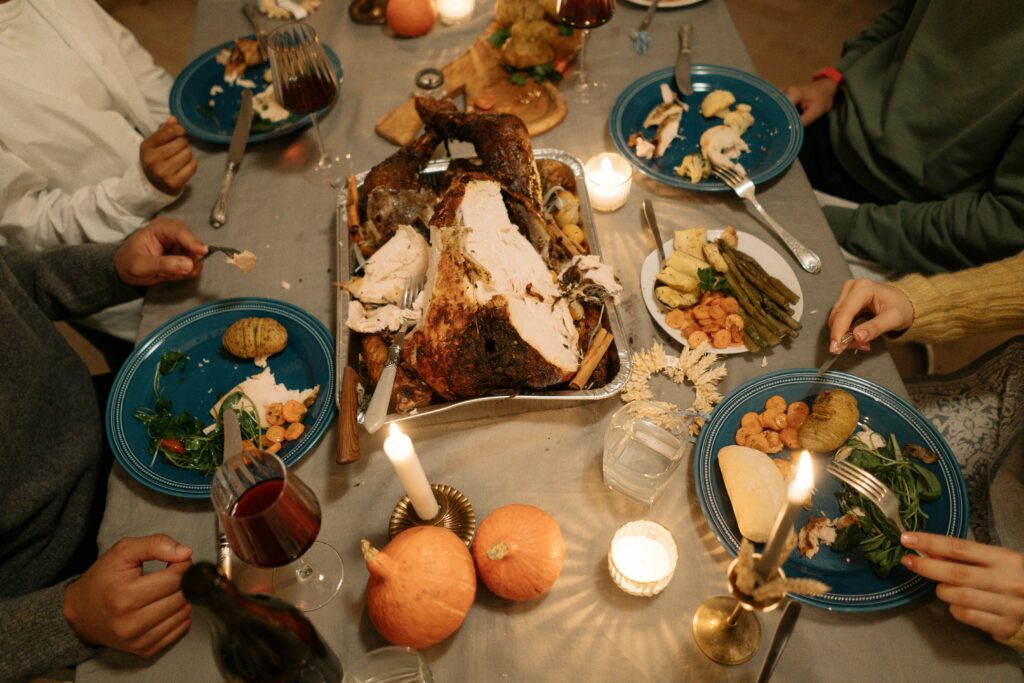
Every year on the fourth Thursday of November, in the United States of America, we celebrate “THANKSGIVING DAY.”
The origin of this national celebration dates to and is inspired by a 1621 encounter between English settlers from Plymouth – the “pilgrims” – and the Wampanoag people. At this encounter, they shared – in fraternity and peace – the fruits of their hunting and harvest. Much later, through the many ups and downs in this nation’s history, this celebration has remained a quintessential national holiday and a day when all Americans meet as a family, share time together, toast, and share a family dinner.
Along with Canada (although on a different date) and a few other countries, the United States celebrates THANKSGIVING DAY. It is admirable that the national holiday that brings us together the most and identifies us as a country has, as its pretext and context, a family gathering to GIVE THANKS. Because the act of giving thanks, gratitude, a deeply and essentially human attitude almost always tied to the realm of the religious, becomes for us, each year, a celebration that brings us joy, calls us together, unites us, and challenges us.
Gratitude to God, life, or others is, primarily, a virtue and an attitude that arises in human beings when we recognize the positive aspects of their existence and history. Secondly, gratitude drives us to reciprocate the benefactor, in some way, with kindness and goodness.
Gratitude becomes an attitude, a lifestyle, for those who can recognize and receive life as a gift and, simultaneously, give and share the gift they have received and their gratefulness with others, especially to those who are the most vulnerable and needy in society. As the song says, “Love is repaid with love.”
THANKSGIVING requires all of us, on one hand, to open our senses and become aware, recognizing, all the good that is in our personal, family, and collective histories and to empower ourselves – in solidarity and collectively – to be grateful for everything we have achieved, and for all the year’s goods and blessings.
On the other hand, THANKSGIVING requires us to share, “give freely what we have received freely,” and create conditions of abundant, prosperous, good, and benevolent life and blessings within our families and social circles so that we all can – as a nation – find and have reasons to be grateful, to GIVE THANKS.
Today, many factors threaten this celebration of THANKSGIVING. First, celebrating this holiday as a mere routine can empty our celebration of its meaning and significance. In other words, we can get together every year and celebrate without knowing why.
A second enemy against the celebration of THANKSGIVING is our socio-cultural conjuncture, that is, our age’s transition from modernity to postmodernity, which – as the main characteristic of this moment – prevents man from discovering thankfulness of and in life, due to a loss of the transcendent vision of human existence.
Attached to money, to possession, and brutalized by the frenzy of consumerism and material and commercial exchange, in a society and world where everything has a price, we become short-sighted in uncovering all the best, good, beautiful, noble, and free that life offers. We struggle to see all the best and most valuable things in human life, which cannot be bought and sold.
Thirdly, our forgetfulness or indifference to the sum of all the evils that we suffer at the national and global levels can make our Thanksgiving celebration cynical. Armed conflicts, misgovernment, inequality and social injustice, violence, so many forms of corruption and death are not reasons to be grateful or celebrate this day with truth and meaning.
We should be asking: Why are we grateful? What reasons do we have to be grateful? How do we overcome personal and social evils to create spaces and reasons for gratitude? How can we work together to build reasons to give thanks?
Gratitude is not limited to one day, a celebration every year. Gratitude is an attitude, a lifestyle for those who can find reasons to be grateful and, therefore, happy.
Gratitude is the attitude and life of those who build reasons to continue believing in a different and better world, in a new, fairer, and more humane world. Gratitude is a lifestyle of all men and women who build hope.
We all congratulate ourselves on this beautiful national celebration and, hopefully, encouraged by the new national government recently elected and soon to be inaugurated, we will all commit ourselves to the construction of a nation and world full of reasons to be thankful and give thanks every day.
Happy Thanksgiving Day!
Mario J. Paredes is CEO of SOMOS Community Care, a social care network of more than 2,500 independent providers responsible for reaching out and delivering care to more than 1 million Medicaid patients across New York City
Related
 (EN)
(EN)
 (ES)
(ES)
 (IT)
(IT)


